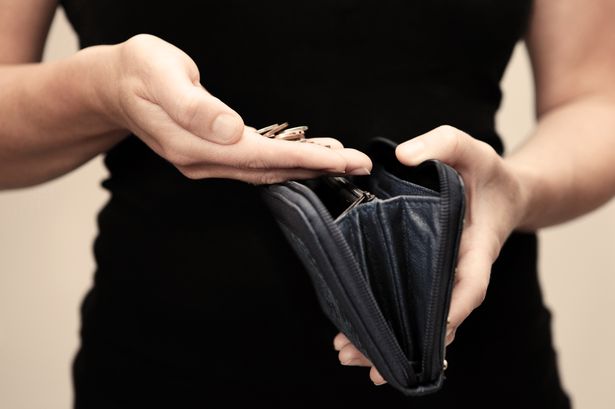House prices have continued to rise in the UK, with the average property value increasing by almost 9 per cent from April 2020 to April 2021.
The pandemic took a toll on the number of properties available as people looked to change their lifestyle or location in line with their spending habits. Working from home and hybrid working opportunities meant people have fewer geographical constraints than pre-pandemic, so rural properties and locations have become an option for many more people.
The average deposi t in the last 12 months has been 24 per cent, a figure that feels out of reach for many even after a long period of spending less money on eating out, events and clothing.
Even if millennials saved 20 per cent of their wage each month, it would still take an average of eight years and four months for one person to save enough for a house deposit.
Nick Lieb, Head of Operations at Share to Buy, said: “In stark contrast, saving to buy a Shared Ownership home can prove to be much more achievable for first-time buyers.”
He explained: “For example, if a couple can put aside £400 a month, then they could save for a deposit in a third of the time needed for a deposit on the open market.”
Seven ways to boost your savings before Christmas
Track spending and set goals
Try keeping a list of debt and savings targets in your wallet to stay on track with a planned budget for the month. This is a good way to see how much you really spend on entertainment, travel and more.
Stick to a list
One of the simplest money-saving tips is to decide what to prioritise by creating a list before you go shopping. The trick is to stick to it to avoid impulse purchases like chocolate or clothes.
Prioritise spending
From health and beauty to takeaways and tech, prioritise spending habits from highest to lowest across each major category, and see where you can cut down. Try to spend money across just one of the categories each month.
Create a waiting list
Help to reduce impulse spending and increase disposable income savings by creating a two-week waiting list for bigger purchases to see if they really are worth the spend.
Use technology
Finance apps can help you stay one step ahead of your finances by tracking how much you save and spend.
Recheck all your subscriptions
Stop wasting your disposable income through unused gym memberships, magazines, TV channels and more. Do an audit of every group or service you belong to and cut everything you no longer engage with.
How to keep up to date with the latest Record Money news

Did you know there are a number of ways you can stay up to date with the latest money saving and benefits news from the Daily Record?
You can join the conversation on our Money Saving Scotland Facebook group for money-saving tips, benefits news, consumer help and advice plus the latest shopping deals.
Sign up to our weekly Record Money newsletter to get our best stories sent straight to your inbox. You can sign up either by entering your email address in the sign up box further up this page or click here.
You can also follow our Twitter account @Recordmoney_ for regular updates here.
Set short-term goals
Alter your spending habits by creating specific goals you can work towards, like cutting your entertainment budget from £300 a month to £200.
If you’re looking to step onto the property ladder, use this mortgage comparison tool to discover what kind of mortgage you could afford to begin setting your goal.
Whether you fall into the average disposable income in the UK or not, any amount of savings is a good start.
Get the latest money-saving and benefits news sent straight to your inbox. Sign up to our weekly Money newsletter here.




